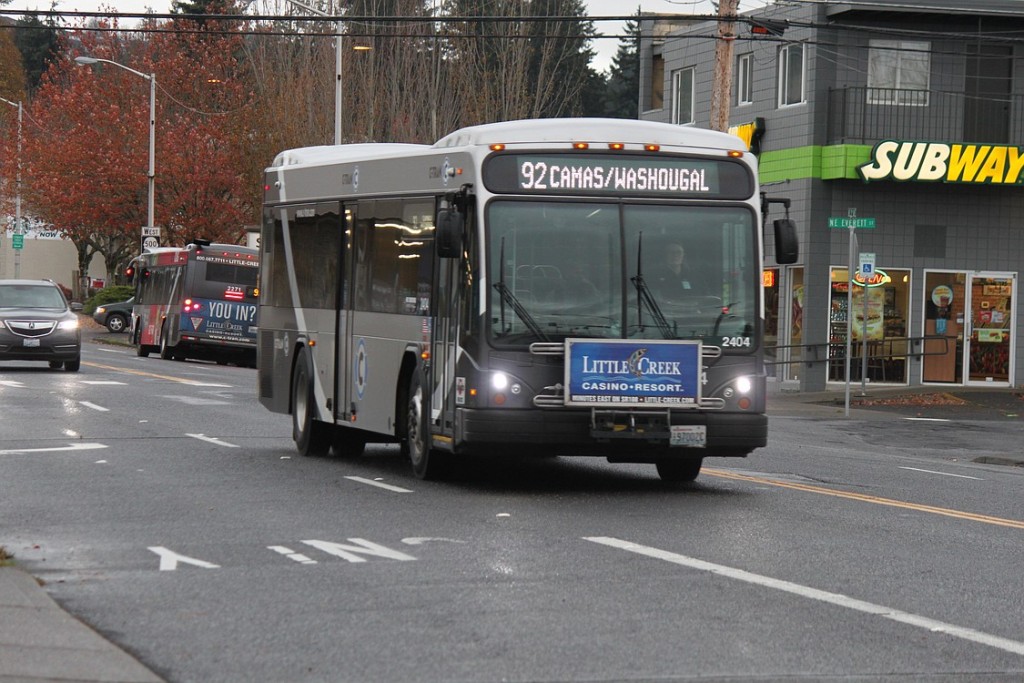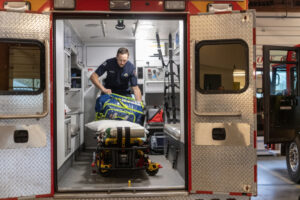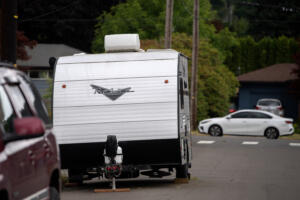Discussions regarding the composition of the C-Tran Board that began more than a year ago finally came to a conclusion on Nov. 18. As a result, both Camas and Washougal will now have their own director seats — instead of sharing one.
The C-Tran Board Composition Review Committee approved 7-3 the option that provides three elected official representatives for Vancouver, two for the Clark County, one each for Battle Ground, Camas and Washougal, and one shared between La Center, Ridgefield and Yacolt.
The decision was affirmed by Clark County Commissioner Ed Barnes, Battle Ground Mayor Shane Bowman, Washougal Mayor Sean Guard, Camas Mayor Scott Higgins, La Center Mayor Jim Irish, Vancouver Mayor Tim Leavitt and Ridgefield Mayor Ron Onslow.
It was voted down by Clark County Commissioners David Madore and Tom Mielke, and Yacolt Mayor Jeff Carothers.
Currently, the C-Tran Board’s bylaws stipulate that it has nine voting members — three each from the Clark County Commission and the Vancouver City Council, and one each from paired cities and towns: La Center/Ridgefield, Washougal/Camas and Battle Ground/Yacolt.





